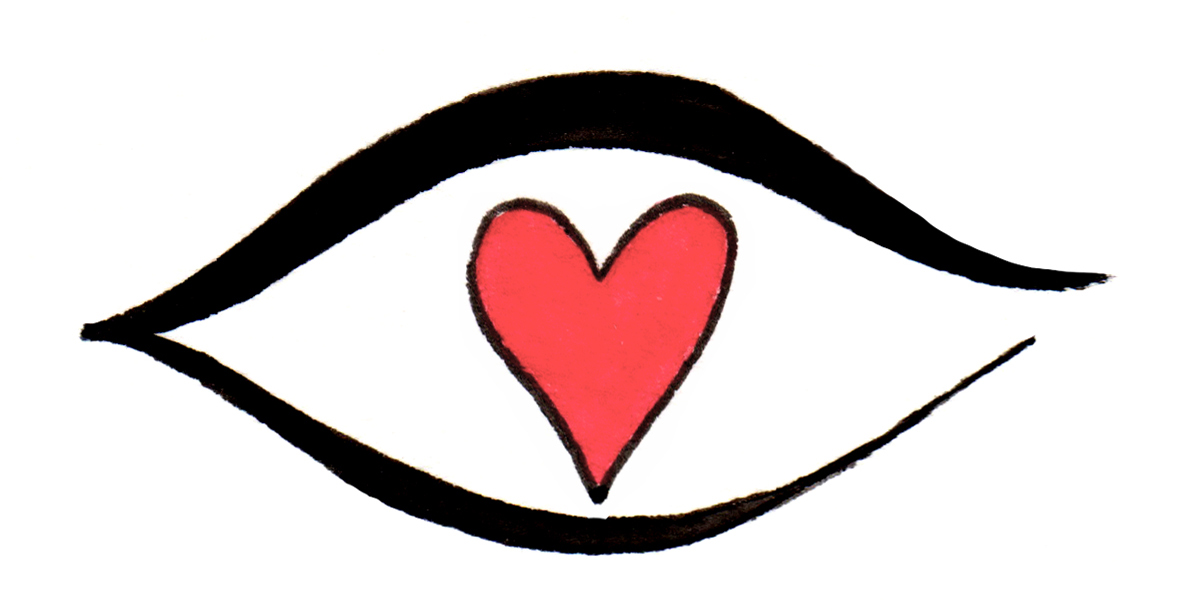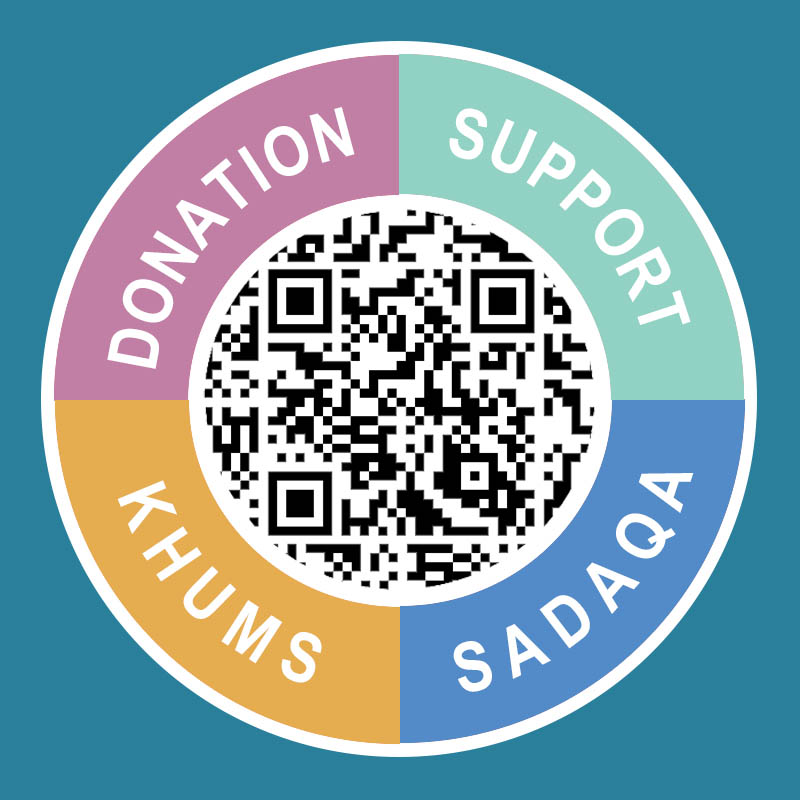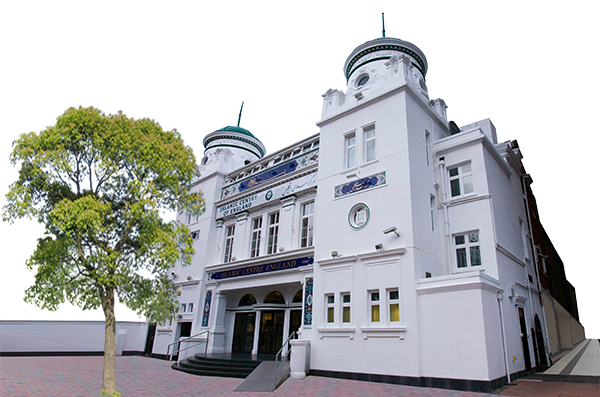Seyed Hashem Moosavi
Introduction
As we approach the International White Cane Day-a day dedicated to honouring the blind-it is a fitting moment to reflect on one of the greatest divine blessings: the gift of sight. Sight allows us to perceive, explore, and interact with the world around us. Yet the Qur’an and Islamic teachings invite us to look beyond mere physical vision. They teach that the external eye is a doorway to a deeper reality-insight or basīrah-a form of inner vision whose absence is far more damaging than physical blindness. This article explores, through Qur’anic verses and traditions, the value of both forms of vision and the responsibilities that come with them.
- The Qur’anic View of Sight
God repeatedly calls upon human beings in the Qur’an to observe and contemplate both the external world and their own inner selves: «إِنَّ فِي خَلْقِ السَّمَاوَاتِ وَالْأَرْضِ وَاخْتِلَافِ اللَّيْلِ وَالنَّهَارِ لَآيَاتٍ لِّأُولِي الْأَلْبَابِ؛ “Indeed, in the creation of the heavens and the earth and the alternation of the night and the day are signs for those of understanding.” (Qur’an 3:190)
The blessing of sight is the key to this treasury of divine signs. We are not meant to merely admire the beauty of creation; we are called to see through it-to recognize the majesty, wisdom, and power of the One Creator. Thus, with sight comes a weighty responsibility: to look with purpose and reflection.
In many verses, God mentions vision alongside hearing and the heart, reminding us that these gifts must be used with gratitude and for righteous ends: «وَاللَّهُ أَخْرَجَكُم مِّن بُطُونِ أُمَّهَاتِكُمْ لَا تَعْلَمُونَ شَيْئًا وَجَعَلَ لَكُمُ السَّمْعَ وَالْأَبْصَارَ وَالْأَفْئِدَةَ لَعَلَّكُمْ تَشْكُرُونَ ؛ “God brought you out of your mothers’ wombs not knowing anything; and He gave you hearing, sight, and hearts so that you may give thanks.” (Qur’an 16:78)
These three are the main instruments of understanding. The eye is a vital means of knowledge, but it yields its true fruit only when paired with an awakened heart. Neglecting this blessing, however, leads to spiritual ruin: «وَلَقَدْ ذَرَأْنَا لِجَهَنَّمَ كَثِيرًا مِّنَ الْجِنِّ وَالْإِنسِ لَهُمْ قُلُوبٌ لَّا يَفْقَهُونَ بِهَا وَلَهُمْ أَعْيُنٌ لَّا يُبْصِرُونَ بِهَا وَلَهُمْ آذَانٌ لَّا يَسْمَعُونَ بِهَا…؛ “We have created for Hell many of the jinn and humankind; they have hearts with which they do not understand, eyes with which they do not see, and ears with which they do not hear.” (Qur’an 7:179)
Here, God condemns those who see but do not perceive-people who use their eyes yet fail to grasp the truth.
- Basīrah: The Eye of the Heart
If the physical eye allows us to see the material world, Basīrah-the eye of the heart-enables us to perceive truth, distinguish right from wrong, and comprehend the unseen.
Imam al-Sajjad (peace be upon him) says: «إِنَّ لِلْعَبْدِ أَرْبَعَةَ أَعْيُنٍ: عَيْنَانِ يُبْصِرُ بِهِمَا أَمْرَ دِينِهِ وَ دُنْيَاهُ، وَ عَيْنَانِ يُبْصِرُ بِهِمَا أَمْرَ آخِرَتِهِ، فَإِذَا أَرَادَ اللَّهُ بِالْعَبْدِ خَيْراً فَتَحَ لَهُ الْعَيْنَيْنِ اللَّتَيْنِ فِي قَلْبِهِ، فَأَبْصَرَ بِهِمَا الْغَيْبَ وَ أَمْرَ آخِرَتِهِ، وَ إِذَا أَرَادَ اللَّهُ بِهِ غَيْرَ ذَلِكَ تَرَكَ الْقَلْبَ بِمَا فِيهِ؛ “The servant has four eyes: two in his head with which he sees the affairs of his religion and worldly life, and two in his heart with which he sees the affairs of the Hereafter. If God wants good for a servant, He opens the two eyes of the heart, so he sees the unseen and the Hereafter; but if not, He leaves the heart as it is.” (al-Kāfī, vol. 1, p. 49)
Islam never devalues those who are physically blind; many of them have reached lofty spiritual and intellectual ranks. But spiritual blindness-the inability to perceive truth-is the greatest of dangers: «فَإِنَّهَا لَا تَعْمَى الْأَبْصَارُ وَلَٰكِن تَعْمَى الْقُلُوبُ الَّتِي فِي الصُّدُورِ؛ “For indeed, it is not the eyes that become blind, but the hearts within the chests.” (Qur’an 22:46)
The Qur’an sharply criticizes those who lack spiritual sight: «صُمٌّ بُكْمٌ عُمْيٌ فَهُمْ لَا يَرْجِعُونَ؛ “Deaf, dumb, and blind-they will not return [to the right path].” (Qur’an 2:18)
A person who is physically blind may lose his way in the physical world, but one who lacks insight loses his way to eternal happiness.
- Two Forms of Blindness
- Physical blindness (loss of sight):
Though difficult, it can be overcome with tools like the white cane, Braille, assistive technology-and most importantly, inner strength and insight. History is full of spiritually enlightened blind individuals who reached great heights.
- Spiritual blindness (loss of insight):
This is a far deeper disability. A person without basīrah may have perfect eyesight but is unable to discern truth from falsehood, friend from foe, or the path of salvation from the path of ruin.
- Responsibility Toward the Blessing of Sight
In Islam, sight is not merely a biological faculty; it is a trust from God. We are accountable for how we use it:
- Looking at what is forbidden or meaningless is a betrayal of this trust.
- The eye should be an instrument of reflection, not heedlessness.
- What we choose to see shapes our souls.
Imam ʿAlī (peace be upon him) beautifully states: « العين بريد القلب؛ “The eye is the messenger of the heart.” (Mīzān al-Ḥikmah, vol. 4, p. 3288)
What the heart desires, the eye seeks, and what the eye sees, directly affects the soul.
- Modern Humanity: Care for the Outer Eye, Neglect of the Inner Eye
Modern civilization invests immense resources in protecting and enhancing physical vision-from advanced glasses and lenses to laser surgeries and assistive devices. All of this is praiseworthy. Yet, how much attention is given to cultivating the inner eye?
In today’s glittering world-where deceptive appearances steal away true insight-human beings are more vulnerable than ever to the blindness of the heart. Becoming immersed in materialism, drifting away from spirituality, replacing pure religious teachings with superstitions, and neglecting moral self-discipline have all weakened our inner vision.
- Qur’anic Guidance for Strengthening Inner Vision
The Qur’an and the teachings of the Ahl al-Bayt (peace be upon them) provide clear methods for awakening the heart’s sight:
- Taqwā (God-consciousness): «إِن تَتَّقُوا اللَّهَ يَجْعَل لَّكُمْ فُرْقَانًا؛ “If you are mindful of God, He will grant you a criterion [to distinguish right from wrong].” (Qur’an 8:29)
- Purification of the soul: Cleansing the heart from arrogance, envy, and worldliness is like wiping the lens of inner vision. Imam ʿAlī says: «مَنْ نَظَفَ مِنَ الدَّنَسِ قَلْبُهُ دَامَتْ لَهُ الْفِرَاسَةُ؛ “He whose heart is purified of filth, insight will endure for him.” (Ghurār al-Ḥikam)
- Reflection and contemplation: Reflecting upon the Qur’an unlocks the heart and removes the veils of heedlessness. «أَفَلَا يَتَدَبَّرُونَ الْقُرْآنَ أَمْ عَلَىٰ قُلُوبٍ أَقْفَالُهَا؛ “Do they not reflect upon the Qur’an, or are there locks upon their hearts?” (Qur’an 47:24)
- Supplication: Connecting with God through prayer and duʿā is essential. One famous supplication is: «ربِّ أرِنی الأشیاء کما هی؛ “O Lord, show me things as they truly are.”
- Following the divine guides: The Prophet and the Imams embody true insight. Their guidance illuminates the path of clarity and certainty.
- Prayer: Salah elevates the soul from superficial sight to inner vision.
Conclusion
On this White Cane Day, as we honour those who live with physical blindness and strive to support them, let us also reflect deeply on the greater danger: spiritual blindness. Physical blindness may be a bodily limitation, but spiritual blindness is the deviation of the soul.
Let us not be among those of whom the Qur’an says: «لَهُمْ قُلُوبٌ لَّا يَفْقَهُونَ بِهَا وَلَهُمْ أَعْيُنٌ لَّا يُبْصِرُونَ بِهَا؛ “They have hearts with which they do not understand, and eyes with which they do not see.” (Qur’an 7:179)
In a world where technology sharpens physical sight, let us work even harder to refine the eye of the heart-through faith, reflection, and righteous living.







